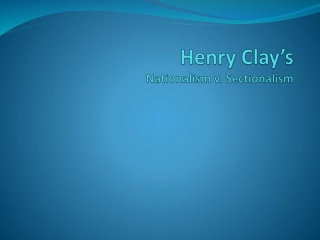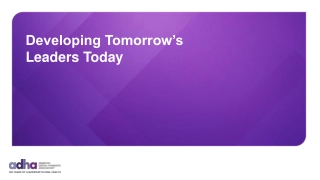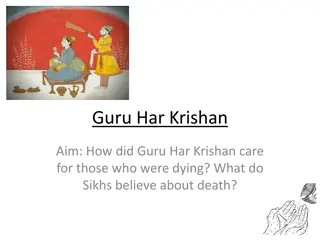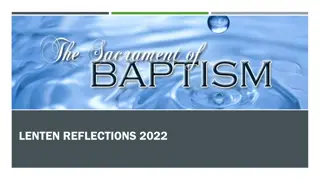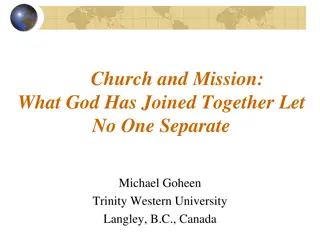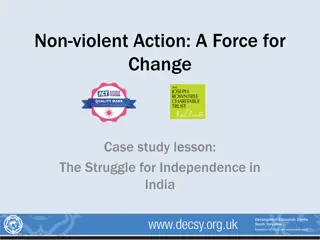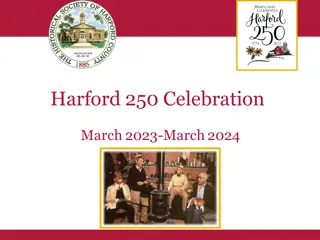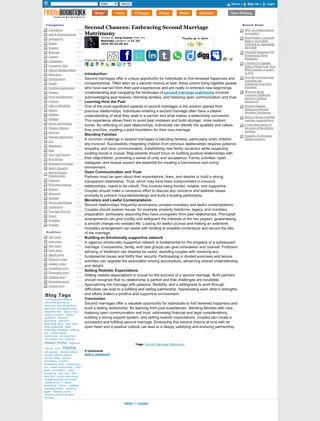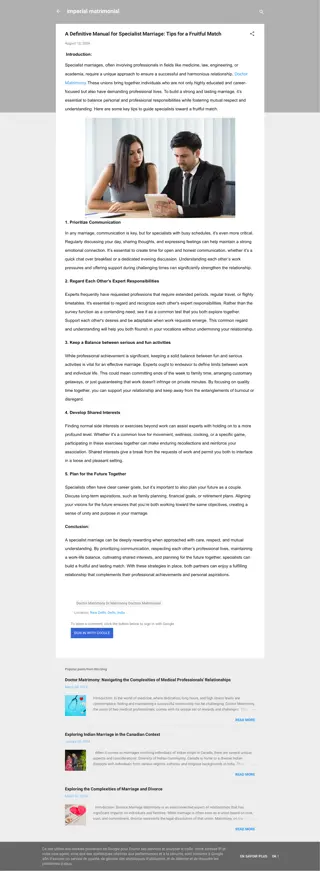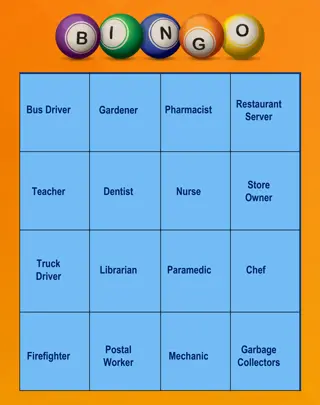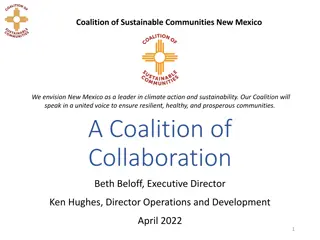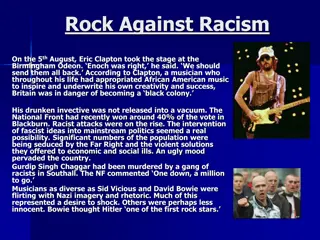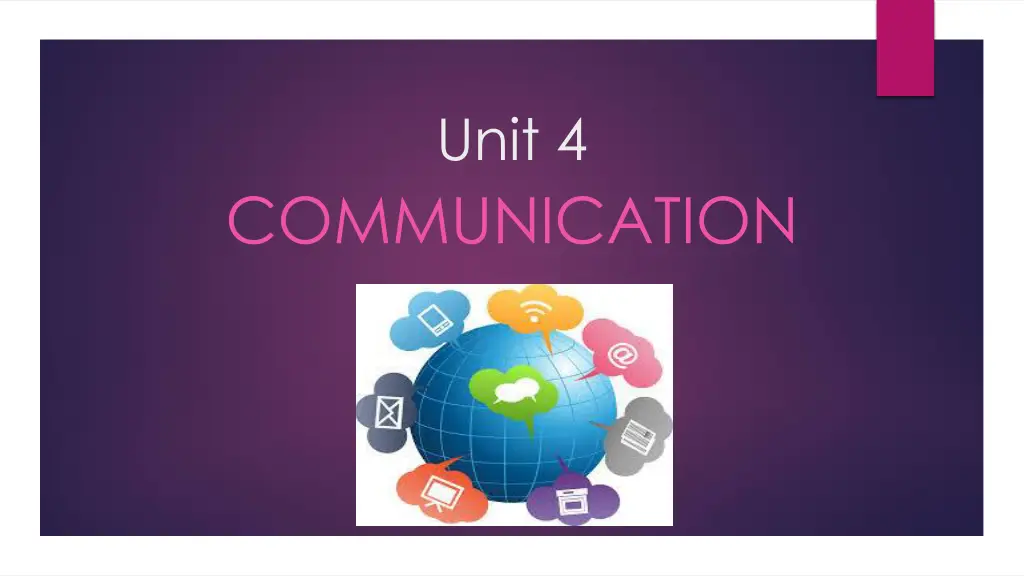
Effective Communication Methods and Techniques
Explore various methods of communication including writing letters, sending messages, making phone calls, and utilizing social networks. Learn how to keep in touch with friends and differentiate between formal and informal communication styles. Discover tips for making and answering phone calls effectively. Find out how to stay connected with others and improve your communication skills.
Download Presentation

Please find below an Image/Link to download the presentation.
The content on the website is provided AS IS for your information and personal use only. It may not be sold, licensed, or shared on other websites without obtaining consent from the author. If you encounter any issues during the download, it is possible that the publisher has removed the file from their server.
You are allowed to download the files provided on this website for personal or commercial use, subject to the condition that they are used lawfully. All files are the property of their respective owners.
The content on the website is provided AS IS for your information and personal use only. It may not be sold, licensed, or shared on other websites without obtaining consent from the author.
E N D
Presentation Transcript
Unit 4 COMMUNICATION
Ways of Communication Write a letter
Speak-make-leave make leave .. ................ face to face speak ........... a phone call . a voicemail message
send use -- write use . a letter Write a fax send . social network
Text Leave -- Send send leave a message text a postcard .. a message note
Keep in touch : to communicate or continue to communicate with someone by telephoning, or writing to them
How do you keep in touch with your friends? I usually make a phone call. I also use social network.
Making and answering phone call Could I speak to Steve, please? Who s calling Could I ask who is calling? (Kimin arad n sorabilir miyim?) One moment, please. (Bir dakika, l tfen) Can you hold on a minute, please. (Bir dakika hatta kal r m s n z l tfen?) I m sorry, he s not available at the moment. ( u anda kendisi uygun de il.) Would you like to leave a message? Could you ask him to call me? (Beni aramas n s yleyebilir misiniz?) Could I take your name and number?
I cant hear you very well. Its a bad line.(Sizi iyi duyamyorum. Hat k t .) Could you repeat that, please? (Tekrar edebilir misiniz l tfen?) I ll call back later. (Daha sonra arar m.) Thanks for calling. Could you please repeat that? Hello, John speaking.
Exercise 1 Put the words in order 1. ask / your / to / call / you / could /me / brother Could you ask your brother to call me? 2. you / please / on / hold /moment / a / could Could you hold on a moment, please? 3. is / Mr. Swan / available / moment / the / at Is Mr. Swan available at the moment? 4. who s / calling / ask / I / could Could I ask who s calling? 5. and / number / name / take /could / I / your / please Could I take your name and number, please?
Exercise 2 1. Would you like to leave a message? 2. He is not available at the moment. 3. Could I speak to George, please? 4. Could you ask him to call me? Jane : Hello, Jane speaking.. Hulk: Hello! . Jane: .. Could I ask who s calling? Hulk: I m Hulk Chris. His friend from school. Jane: . .. Hulk : Yes, please My number is 123456. Jane: All right. 3 2 1 4
Contact (temas kurmak) Could you tell him to contact with me?
Caller Receiver Someone who makes a phone call. Someone who answers the phone call /who gets an email
Expressing concern and sympathy I m sorry to hear that. I hope you feel better soon. (Umar m yak nda iyile irsin.) That s so bad. We ll meet up later, then. ( yleyse sonra bulu uruz. ) See you later, then.
Call (adlandrmak) People called text message service SMS (Short Message Service)
Become (olmak) SMS became popular because text messages are cheap, fast and fun.
Approximately (yaklak olarak) People send approximately 10 million text messages a day in Turkey.
Nearly (neredeyse) In Turkey, nearly 70% of teenagers have mobile phones or use their parents mobile phones.
Combination: a mixture of different people or things Teenagers generally write text messages by using short combinations of numbers, words, symbols and abbreviations.
In some schools, teachers are worried about the negative effects (etki ) of text messaging on teenagers. They believe that this text language is bad because it is not correct (do ru). According to ( -e g re) them, languages (dil) are changing (de i mek) fast because people mostly prefer communicating with new technology.

